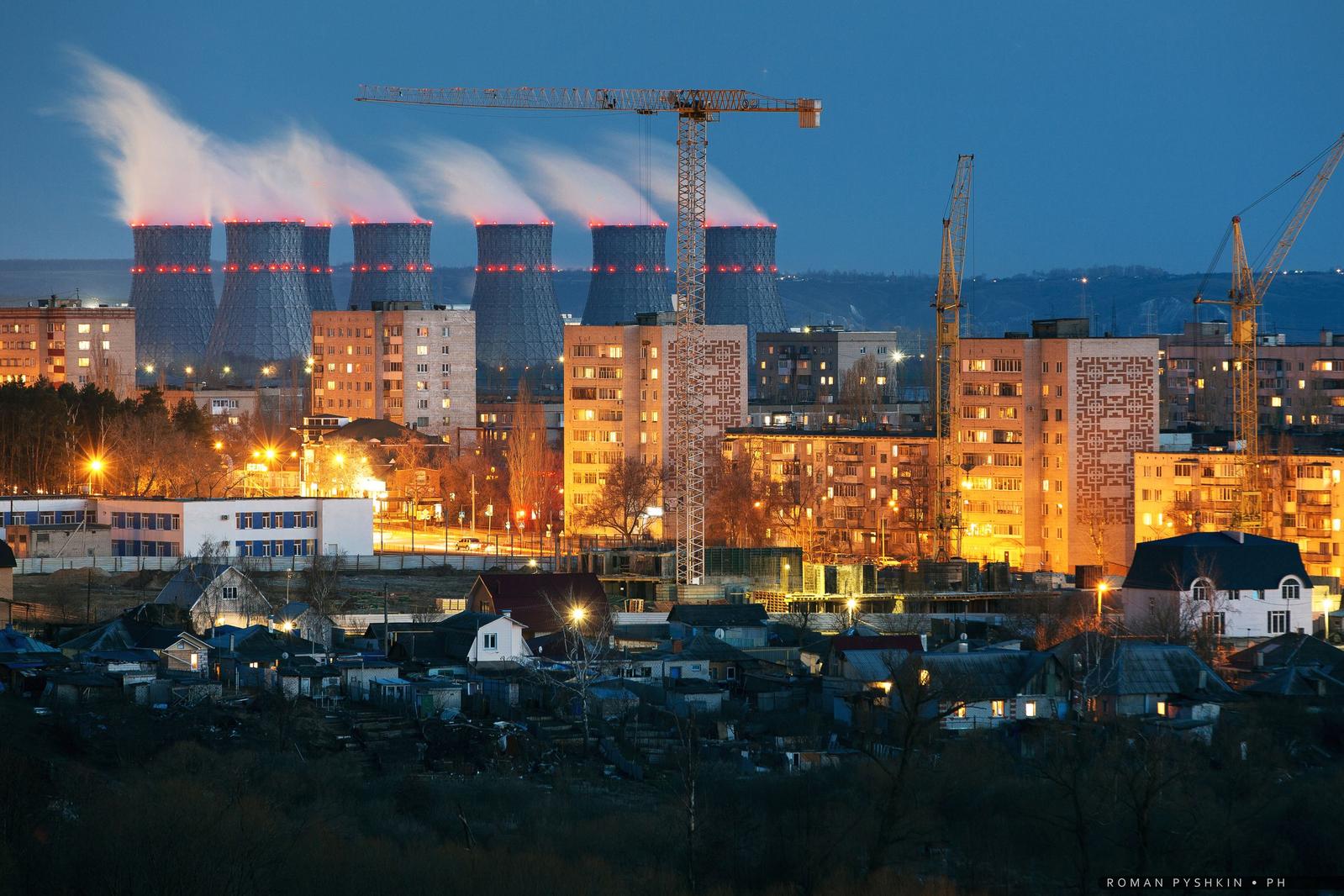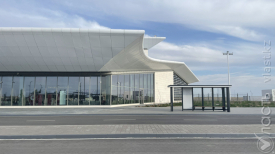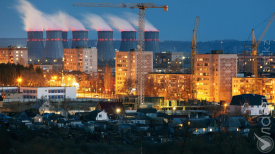Chinese President Xi Jinping visited Kazakhstan on June 16-17 to meet with President Kassym-Jomart Tokayev as well as the other Central Asian heads of state.
The second China-Central Asia summit follows the inaugural meeting in Xi’an in 2023.
Since he took power in 2012, Xi visited Kazakhstan six times, making the Central Asian country his second most visited foreign destination after Russia. Kazakhstan is China’s largest trading partner in the region.
In October 2013, Xi chose his visit to Astana to launch the all-encompassing Belt and Road Initiative.
Kazakhstan-China Deals
In a typical fashion, the Chinese delegation first held bilateral talks with Kazakhstan’s government on June 16, when the two sides announced a number of deals.
At the Power Central Asia + China energy forum, Kazakhstan and China agreed to launch the Sauran solar power plant in the southern Turkestan region and signed a memorandum on the construction of a coal chemical plant with a capacity of 2 billion cubic meters of natural gas. China Construction Bank also agreed to finance the investment projects of Qazaqgaz, the state-owned gas company.
“Energy cooperation between China and Kazakhstan is at the core of our partnership,” energy minister Yerlan Akkenzhenov said.
Importantly, the two sides also agreed on the remodeling of the Shymkent oil refinery and on the construction of an urea plant in Aktobe. China’s CNPC jointly operates the Shymkent oil refinery with Kazmunaigas and owns 100% in CNPC-Aktobemunaigaz, which operates in the Aktobe region.
According to Upstream, four Chinese companies have sent applications to obtain an EPC contract to build gas pipelines to transport associated gas from the Tengiz oil field to two petrochemical plants.
Just days after having picked Russia’s Rosatom as the main contractor for the country’s first nuclear power plant, Kazakhstan government officials, including President Tokayev, hinted that China could build the second one.
“We certainly want to see Chinese technologies in Kazakhstan, perhaps for the construction of another nuclear power plant,” the head of the Atomic Energy Agency Almasadam Satkaliyev said on June 14.
At the summit, Tokayev added that “given the rich, successful experience of China in developing nuclear energy, we are interested in developing sustainable cooperation in this strategic industry.”
Tokayev also proposed the creation of a joint cargo terminal at the port of Kuryk and a cargo aviation hub in Aktobe for the transit of goods to the European Union.
G2G for Cooperation and Stability
On June 17, within the framework of the Summit, Xi separately met the leaders of Kyrgyzstan, Tajikistan, Turkmenistan, and Uzbekistan.
At the plenary session, the Chinese president pledged to advance the construction of the China-Kyrgyzstan-Uzbekistan railway, urging Kyrgyzstan to "jointly oppose unilateralism, safeguard international economic and trade order for a more just and equitable global governance system."
Julie Yu-Wen Chen, professor of Chinese Studies at the University of Helsinki, told Vlast that China wants to deepen economic cooperation and foster infrastructural development in the region.
“Given the current geopolitical chaos in the world, China definitely wants to secure its rising economic status in Central Asia,” Chen said.
According to Chen, China sees Central Asia as a market opportunity that shares similar political principles.
“Rather than allies, they are more like friends with benefits,” Chen said.
In this context, Central Asian states are navigating great power competition both in terms of trade and in terms of influence.
“Competition of course exists, even between Russia and China. But these two have much larger geopolitical aims: to align with each other and counter the US-led international order. In the region, they want to make sure the current authoritarian elites stay in power,” Chen said.
Поддержите журналистику, которой доверяют.









